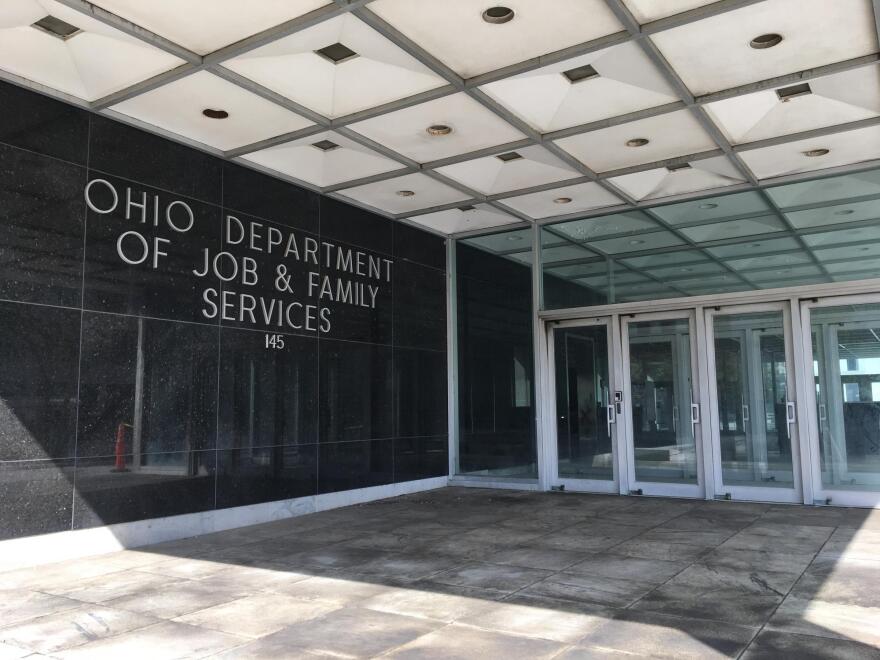Ohio has paid out more than $3.8 billion in unemployment benefits to over 683,000 Ohioans since mid-March, more than it’s ever paid out in a full year.
The state has also paid $1.4 billion in federally-funded pandemic unemployment assistance to nearly 200,000 people who wouldn’t normally qualify for unemployment benefits.
But there are still 67,400 jobless Ohioans who have yet to get a check.
Ninty four percent of the more than 1.3 million claims filed since March 15 have been processed, which means less than 6% remain pending.
But Ohio Job and Family Services Director Kimberly Hall said 58,000 are still pending from last month, 7,000 from April, and 2,400 from March remain unpaid.
“Individuals’ claims that are still pending at this point in time reflect levels of complexity that require some really detailed expertise and interaction with our central claimants and we’re working through that,” Hall said.
She said many are interstate claims, and with so many states going through big numbers of claims, the whole process is backed up. She said identity and employer verification can be challenges too, especially since employment history has to go back 18 months.
Hall also noted that the number of people appealing rejections are up, though she says people who are denied traditional unemployment can immediately apply for pandemic unemployment assistance.
“Appeals absolutely are on an uptick. We have the staffing plan and the examination underway to address those," Hall said. "I will say on the customer side, though, there’s an opportunity to apply for PUA.”
The Ohio Department of Jobs and Family Services has said that no one has been denied unemployment for COVID-19 related reasons, such as lack of child care or health concerns. But the state is still evaluating its criteria for denials.

